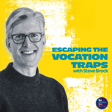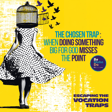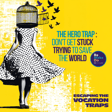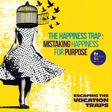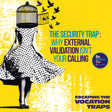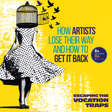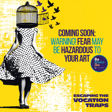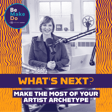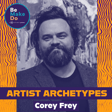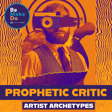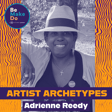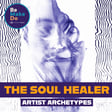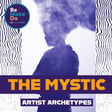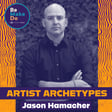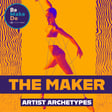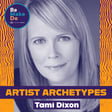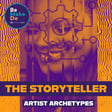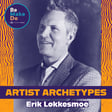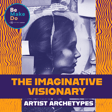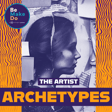
Artist Archetypes with Jakari Sherman
"...If you have something that's a unique gift that you know God has given you, then you just specialize on that thing. You just really develop it. You just really spend your time on it, like you plunge your resources into that special that thing... to the point that you're the only one that does it, or you're the only one that does it the way that you do it, or to the level that you do it."
In this episode of the Be. Make. Do. podcast, Lisa talks with Jakari Sherman, Founder of Ordered Steps, a nonprofit devoted to stepping as youth outreach and community development. From 2007-2014 Jakari served as the Artistic Director of Step Afrika!, He continues to develop and direct works for the company, including Off-Broadway and national tours of Drumfolk and The Migration: Reflections on Jacob Lawrence, and remains a prolific choreographic mind for the company and beyond. His upcoming work is the premiere of a new multidisciplinary dance work, "Our Road Home" - June 2025; for the commemoration of 160 years since emancipation, and part of a year long collaboration with the Houston Freedmen's Town Conservancy.
Jakari emphasizes the importance of innovation, purpose, and community in his work and shares his motivations, including a desire to create in new ways and the challenges of balancing artistic fulfillment with financial stability. Join us for this inspirational conversation.
The Maker, The Mystic, The Soul Healer, The Imaginative Visionary, The Prophetic Critic or the Storyteller? What's your archetype? Take the quiz here!
You can follow Jakari Sherman on Instagram @justjkco
Get connected to Step Afrika!: Website
Stay in touch and share your thoughts:
TikTok: @bemakedopodcast
Instagram: @bemakedopodcast
Facebook: @bemakedopodcast
YouTube: @BeMakeDoPodcast
Subscribe and follow Be.Make.Do. wherever you get your podcasts.
